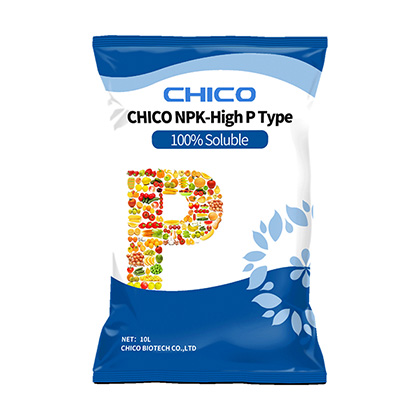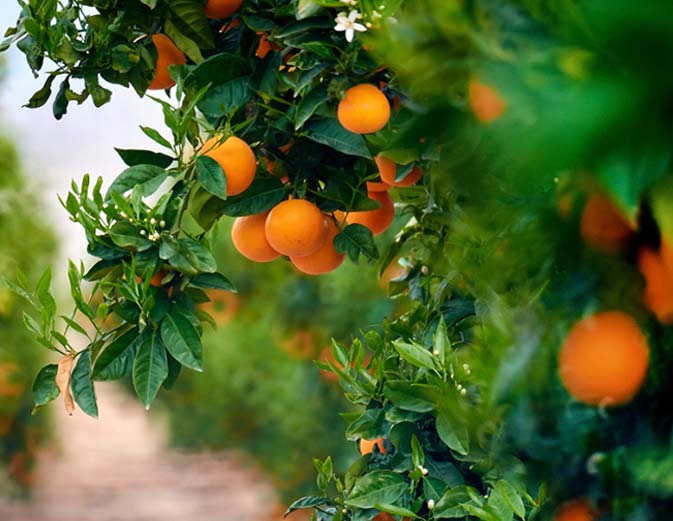
Economic and Environmental Impact of Biofertilizer Products
In recent years, the agricultural industry has witnessed a remarkable shift towards sustainable and eco-friendly practices. One such innovation gaining momentum is the use of biofertilizer products. These organic alternatives to traditional chemical-based fertilizers not only provide essential nutrients to crops but also offer immense economic and environmental benefits. This blog will delve into the economic and environmental impact of biofertilizer products, shedding light on their potential to revolutionize modern agriculture.
Unleashing the Economic Potential
Biofertilizer products have emerged as a game-changer for farmers and the agricultural industry as a whole. By reducing reliance on costly chemical fertilizers, biofertilizer products offer a significant cost advantage while providing the same benefits to crop nutrition. The production of biofertilizers often utilizes locally available raw materials, leading to lower manufacturing costs and improving affordability for farmers.
Moreover, biofertilizer products harness the power of beneficial microorganisms that enhance soil fertility and improve nutrient absorption in plants. This increased nutrient efficiency translates into higher crop yields and better-quality produce, ultimately adding value to farmers' income. In countries where agriculture is a primary means of livelihood, the economic impact of biofertilizer products could be truly transformative, improving rural economies and ensuring food security.
Making Strides in Sustainable Agriculture
Beyond the economic benefits, biofertilizer products have a profound positive impact on the environment. Conventional chemical fertilizers often contribute to soil degradation, water pollution, and greenhouse gas emissions. However, biofertilizers, being organic in nature, offer a sustainable solution by promoting soil health and reducing environmental repercussions.
Biofertilizer products contain beneficial microorganisms, such as nitrogen-fixing bacteria, phosphate solubilizing bacteria, and mycorrhizal fungi. These microorganisms play a crucial role in improving soil structure, nutrient recycling, and biological diseases control. Their presence fosters a balanced ecosystem, reduces the need for synthetic pesticides, and minimizes the risk of soil erosion.
Reversing Soil Depletion and Improving Food Security
One of the greatest challenges faced by modern agriculture is soil depletion caused by years of intensive chemical fertilizer use. Biofertilizer products offer a lifeline in revitalizing tired soils and making them productive again. The ability of biofertilizers to enhance soil fertility, unlock nutrients, and facilitate biological processes can reverse the damage caused by conventional farming practices.
Furthermore, biofertilizers enhance crop resistance against abiotic stress factors like drought, salinity, and extreme temperatures. This aspect becomes increasingly crucial in the face of climate change, ensuring food security by reducing yield fluctuations and increasing crop adaptability.
Embracing Biofertilizer Products for a Sustainable Future
As the demand for organic and sustainable agricultural practices grows, biofertilizer products are poised to play a central role in transforming farming systems. Governments and international organizations should promote the adoption of biofertilizer products through incentives, training, and awareness campaigns.
Additionally, industry stakeholders must invest in research and development to improve the effectiveness of biofertilizer products, optimize production processes, and refine application techniques. Collaborations between farmers, scientists, and manufacturers can expedite the scaling-up of biofertilizer production, making it more accessible and affordable for farmers globally.
Biofertilizer products have the potential to revolutionize modern agriculture by offering both economic advantages and environmental sustainability. Their ability to enhance soil fertility, improve crop productivity, and minimize environmental impact makes them a viable alternative to conventional chemical fertilizers. As we strive towards a more sustainable future, embracing biofertilizer products should be a priority for policymakers, farmers, and consumers alike. By doing so, we can foster a resilient and eco-friendly agricultural system that ensures food security and protects our planet for generations to come.


























